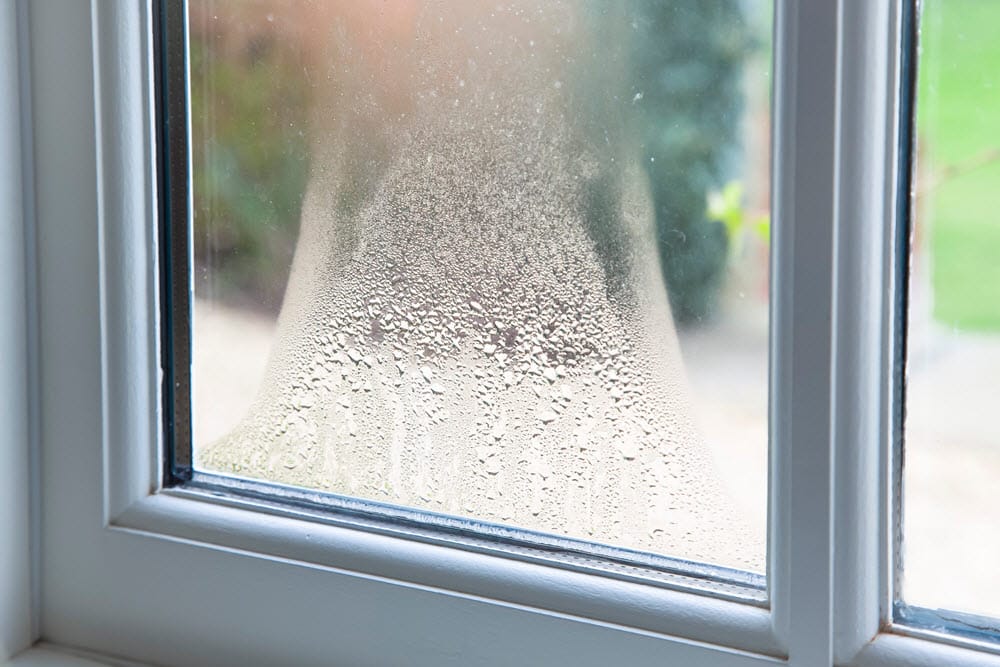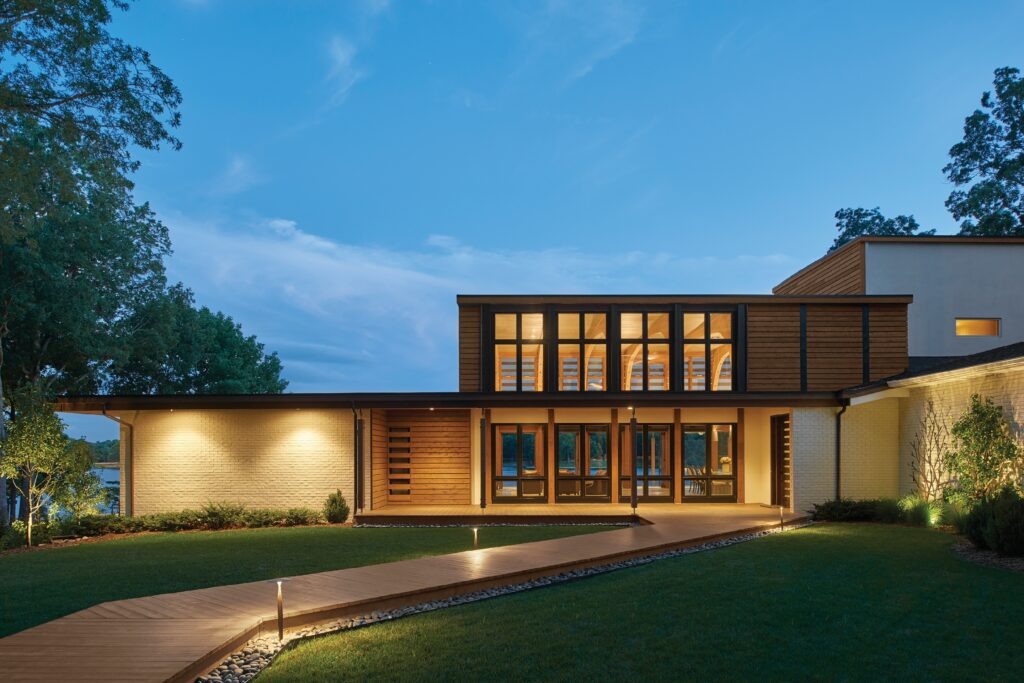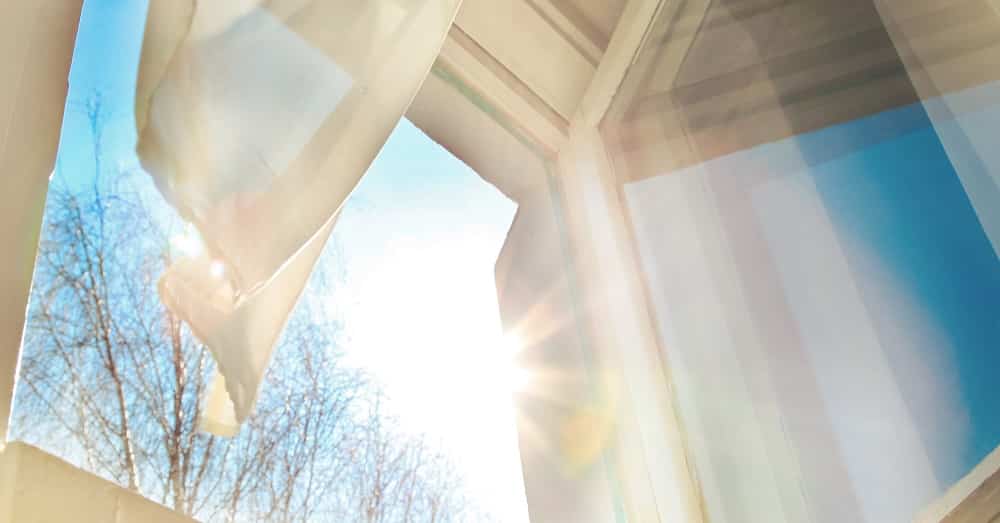Impact of Poor Windows on Your Utility Bill
Poor windows can have a significant impact on your utility bill, contributing to higher energy consumption and costs. The efficiency of your windows plays a crucial role in maintaining a comfortable indoor environment while minimizing energy waste.
When windows are poorly insulated or have outdated glazing, they allow heat to escape during the winter and enter during the summer. This results in a constant strain on your HVAC system as it tries to compensate for the temperature fluctuations, ultimately leading to higher utility bills.
Not only do poor windows affect the comfort of your home, but they also impact your energy efficiency. Inefficient windows can account for up to 30% of the total heat loss in a typical house. This means that a significant portion of your heating and cooling expenses goes to waste due to inefficient windows.
By addressing the energy efficiency of your windows, you can reduce your utility bill and create a more sustainable home. Upgrading to energy-efficient windows that feature advanced insulation, multiple glazing layers, and low-emissivity coatings can significantly improve your home’s energy performance.
Understanding Window Energy Efficiency
When it comes to your utility expenses, understanding the performance of your windows is crucial. Factors like insulation, glazing, and frame materials can significantly impact a window’s ability to retain heat or cool air. By assessing the energy efficiency of your current windows, you can identify areas for improvement and make informed decisions that can potentially reduce your utility bills.
The Cost Savings of Energy-Efficient Windows
Upgrading to energy-efficient windows can lead to significant cost savings in the long run. By investing in windows designed to optimize energy consumption, you can reduce your energy bills and enjoy the benefits of a more comfortable and sustainable home.
One of the key advantages of energy-efficient windows is their ability to minimize heat transfer. These windows are typically equipped with advanced insulation technology, such as Low-E glass and multiple layers of glazing, which help to keep your home cooler in the summer and warmer in the winter.
The improved insulation provided by energy-efficient windows ensures that your heating and cooling systems don’t have to work as hard to maintain a comfortable indoor temperature. This translates to lower energy consumption and reduced utility bills, resulting in cost savings over time.
In addition to energy savings, upgrading to energy-efficient windows can also contribute to a more sustainable lifestyle. By reducing your carbon footprint and decreasing your overall energy consumption, you are helping to conserve natural resources and protect the environment for future generations.
Benefits of Upgrading Windows for Savings
When you upgrade your windows to energy-efficient alternatives, you can expect the following benefits:
- Lower energy bills: Energy-efficient windows minimize heat loss and heat gain, resulting in reduced energy consumption and lower utility bills.
- Improved comfort: These windows help maintain a consistent indoor temperature, eliminating cold drafts and reducing the need for constant thermostat adjustments.
- Noise reduction: Energy-efficient windows are designed to block external noise, providing a quieter and more peaceful home environment.
- Enhanced resale value: Energy-efficient upgrades, including windows, are attractive to potential homebuyers and can increase the value of your property.
- Long-term savings: While the upfront cost of energy-efficient windows may be higher, the long-term savings from reduced energy bills make them a wise investment.
By considering the cost savings and benefits of upgrading to energy-efficient windows, you can make an informed decision that not only benefits your finances but also contributes to a more sustainable and comfortable living environment.
Window Replacement and Energy Savings
When it comes to reducing energy costs and improving the overall energy efficiency of your home, window replacement plays a crucial role. By replacing old, inefficient windows with energy-efficient alternatives, you can enjoy a range of benefits that extend beyond just cost savings.
One of the key advantages of window replacement is improved insulation. Energy-efficient windows are designed with advanced technologies and materials that provide better thermal insulation, preventing air leakage and heat transfer. This means that your home will stay cooler in the summer and warmer in the winter, reducing the need for excessive heating or cooling and ultimately leading to significant energy savings.
Furthermore, energy-efficient windows often feature multiple panes of glass with gas fills, low-emissivity coatings, and effective weatherstripping. These features work together to enhance insulation and reduce the amount of outside noise that enters your home, creating a more comfortable living environment.
In addition to insulation benefits, energy-efficient windows can also help to protect your furniture, flooring, and artwork from fading caused by harmful UV rays. Low-emissivity coatings on the glass can block a significant amount of UV radiation, ensuring that your belongings retain their vibrant colors for longer.
When considering window replacement, it’s important to choose energy-efficient products that meet industry standards and certifications, such as ENERGY STAR. These products have been rigorously tested and proven to deliver exceptional energy performance, ensuring that your investment will continue to provide savings and benefits for years to come.
So, if you’re looking to reduce energy consumption, lower your utility bills, and create a more comfortable living space, window replacement with energy-efficient alternatives is a smart choice. Not only will you enjoy cost savings, but you’ll also enhance the insulation, comfort, and overall performance of your home. Make the switch to energy-efficient windows and start reaping the rewards today.
Enhancing Energy Efficiency through Window Insulation
To minimize energy costs and improve the overall energy efficiency of your home, it is essential to prioritize window insulation. Properly insulating your windows can significantly reduce heat transfer, preventing the escape of warm air during the winter and the infiltration of hot air during the summer. This translates to lower energy consumption and reduced utility bills.
Methods of Window Insulation
There are several effective methods of insulating windows that you can consider:
- Weatherstripping: Applying weatherstripping around the edges of your windows helps to seal any gaps and prevent drafts. This simple yet effective method can greatly improve the energy efficiency of your windows.
- Caulking: Using caulk to seal any cracks or gaps between the window frame and the wall can eliminate air leaks, enhancing insulation and reducing energy costs.
- Window Coverings: Installing window coverings such as blinds, shades, or curtains can provide an additional layer of insulation. These coverings act as a barrier, preventing heat loss in winter and heat gain in summer.
By implementing these window insulation strategies, you can create a more comfortable living environment while simultaneously reducing your energy consumption and lowering your utility bills.
Conclusion
In conclusion, poor windows can have a significant impact on your utility bill by causing higher energy consumption and increased costs. When windows are inefficient, they can contribute to heat loss in the colder months and inefficient cooling during the warmer months, leading to increased energy usage and expenses.
Upgrading to energy-efficient windows can provide long-term cost savings and improve the overall energy efficiency of your home. By investing in windows that are designed to retain heat or cool air, you can reduce your reliance on heating and cooling systems, resulting in lower energy consumption and decreased utility bills.
Impact of Poor Windows on Your Utility Bill FAQs
How much do poor windows impact my utility bill?
Poor windows can have a significant impact on your utility bill. Inefficient windows allow heat to escape during the winter and cool air to seep out during the summer. This forces your HVAC system to work harder to maintain a comfortable temperature, resulting in increased energy consumption and higher utility costs.
What is the effect of windows on my utility bill?
Windows play a crucial role in the energy efficiency of your home. Old or poorly insulated windows can result in drafts, heat loss, and increased energy usage. By upgrading to energy-efficient windows, you can minimize these issues and reduce your utility bill by improving insulation and preventing air leakage.
How can energy-efficient windows save me money?
Upgrading to energy-efficient windows can lead to significant cost savings over time. Energy-efficient windows are designed to reduce heat loss in the winter and heat gain in the summer, reducing your reliance on heating and cooling systems. This can result in lower energy consumption, lower utility bills, and increased comfort in your home.
What are the benefits of upgrading windows for cost savings?
Upgrading your windows to improve energy efficiency offers several benefits. Aside from reducing your utility bills, energy-efficient windows can enhance the comfort of your home by reducing indoor temperature fluctuations. Additionally, these windows help minimize condensation, reduce noise infiltration, and can even increase your home’s resale value.
Can window replacement lead to energy savings?
Yes, window replacement can lead to significant energy savings. Outdated or inefficient windows may have single-pane glass, insufficient insulation, or poorly sealed frames, allowing air to escape and outdoor temperatures to infiltrate your home. By replacing them with energy-efficient windows, you can enhance insulation, reduce air leakage, and improve overall energy efficiency.
How does window insulation impact energy costs?
Window insulation is crucial in minimizing energy costs. Properly insulating your windows can prevent drafts and air leakage, improving your home’s overall energy efficiency. Weatherstripping, caulking, and using window coverings like blinds or curtains can help reduce heat transfer, keeping your home more comfortable and reducing the workload on your HVAC system.



